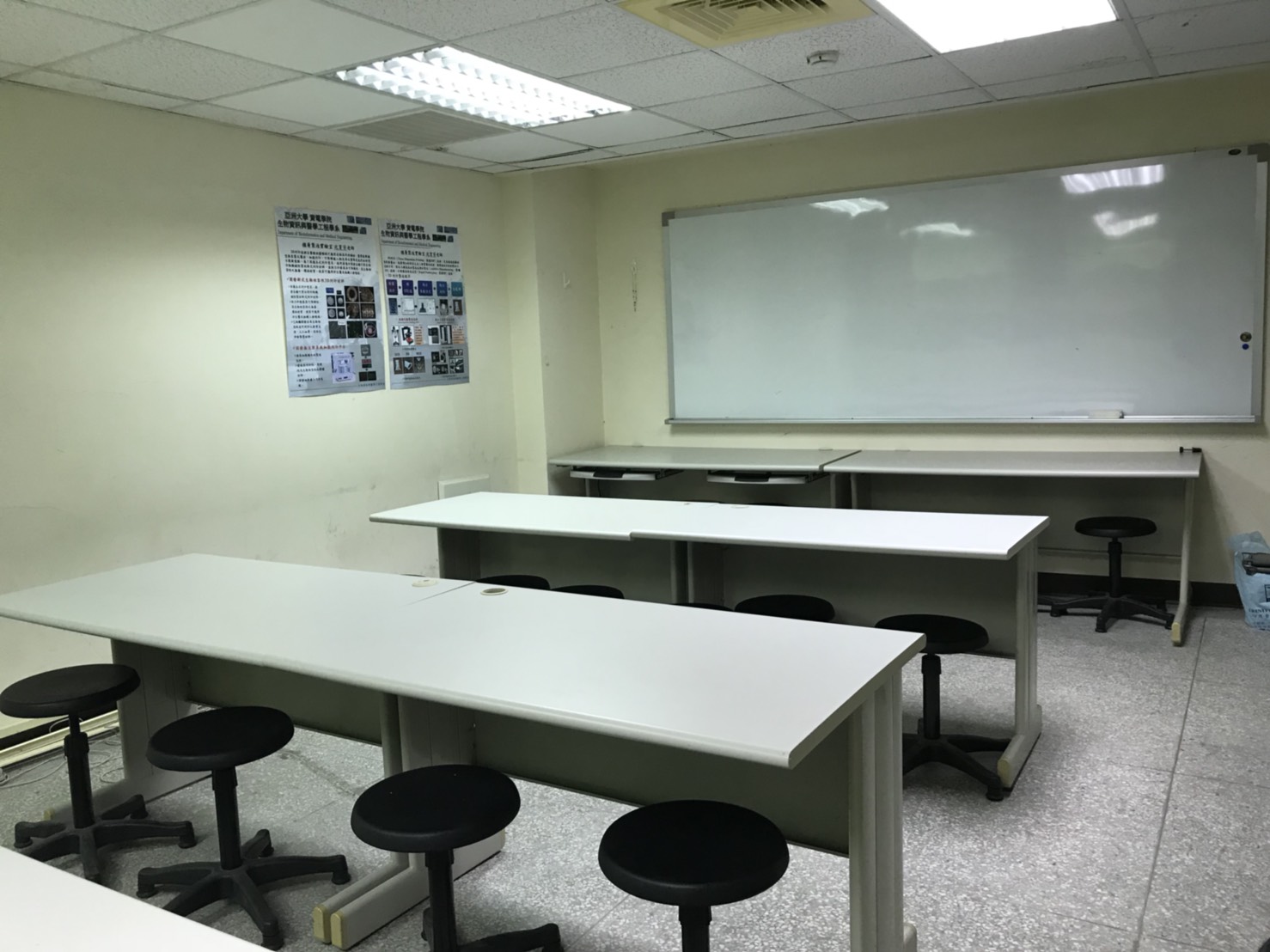In our Department, we have many laboratories including Precision Imaging Laboratory (H206-1), Medical Engineering Laboratory (H206-2), Computational Proteomics Laboratory (H219), Computational Biology Teaching Laboratory (H406), Biomedical Sensor Laboratory (H503), Bioinformatics Research Laboratory (I535), Systems Biology Laboratory (I636), National Health Insurance Database Laboratory (HB72), Bionic Computing Laboratory (HB72), Intelligent Computing Laboratory (HB72), Biomedical Signal Processing Laboratory (HB72), and Semantic Biomedical Computing Research Center (HB84, college level).
The related software and hardware includes Integration Platform for High-Level Biomedical Electronics, Accelrys Discovery Studio, statistic software like SAS, SPSS, MATLAB, and Windows Operation System, Database Software, drawing software, and internet operation system. The Information Sector in the school also has a remote teaching center and many computer classrooms for providing teaching assistance.
Precision Imaging Laboratory (H206-1)
Provide precise image capture of Confocal microscope to provide cell culture related experiments.
Medical Engineering Laboratory (H206-2)
In response to the increase in the field of medical engineering in the 104 academic year, the current development focus is set on biomedical materials, and students are trained to have (1) material analysis, (2) tissue engineering and (3) electronic signal sensing and other practical operational capabilities.
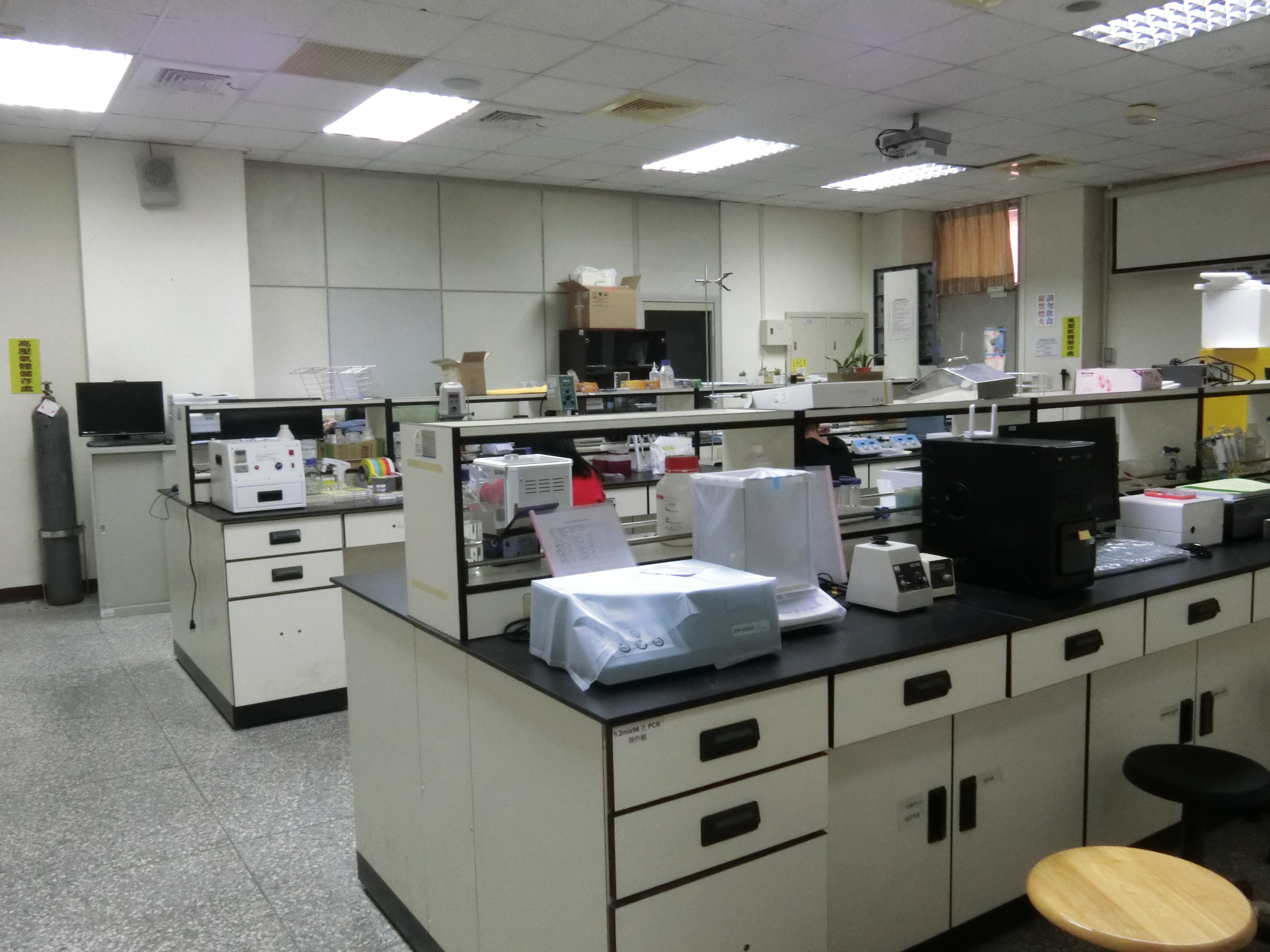
Computational Proteomics Laboratory (H219)
In responding to the fast development of proteomics, we train our students to have the ability to utilize and analyze the database of proteomics. The lab now offers searches for proteomics database, integration of protein interaction database, and analysis of protein structure.
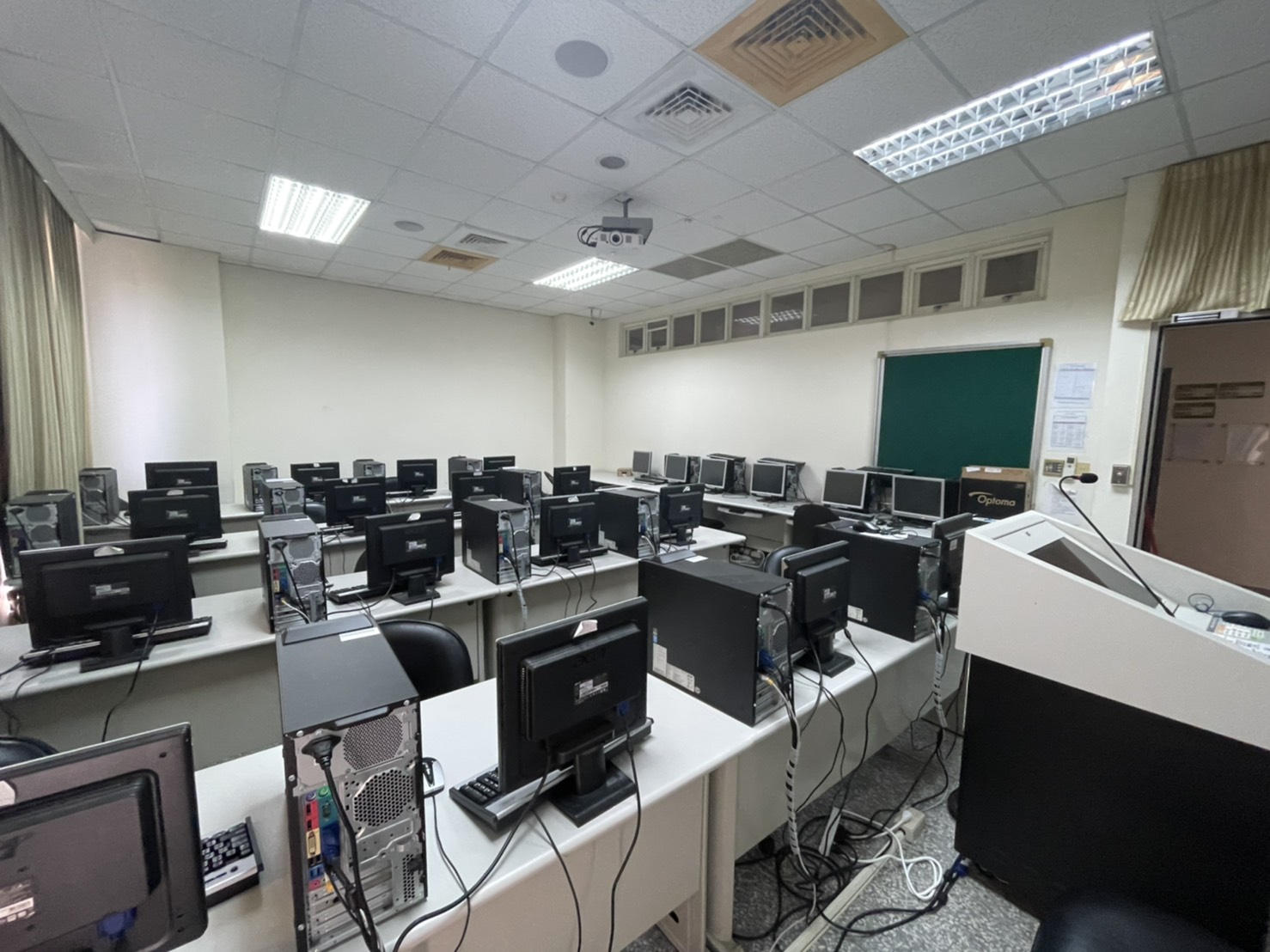
Computational Biology Teaching Laboratory (H406)
We train our students to have solid basis of bio-information theory. The lab now provides searches for bio-information and the application of bio-information tools.
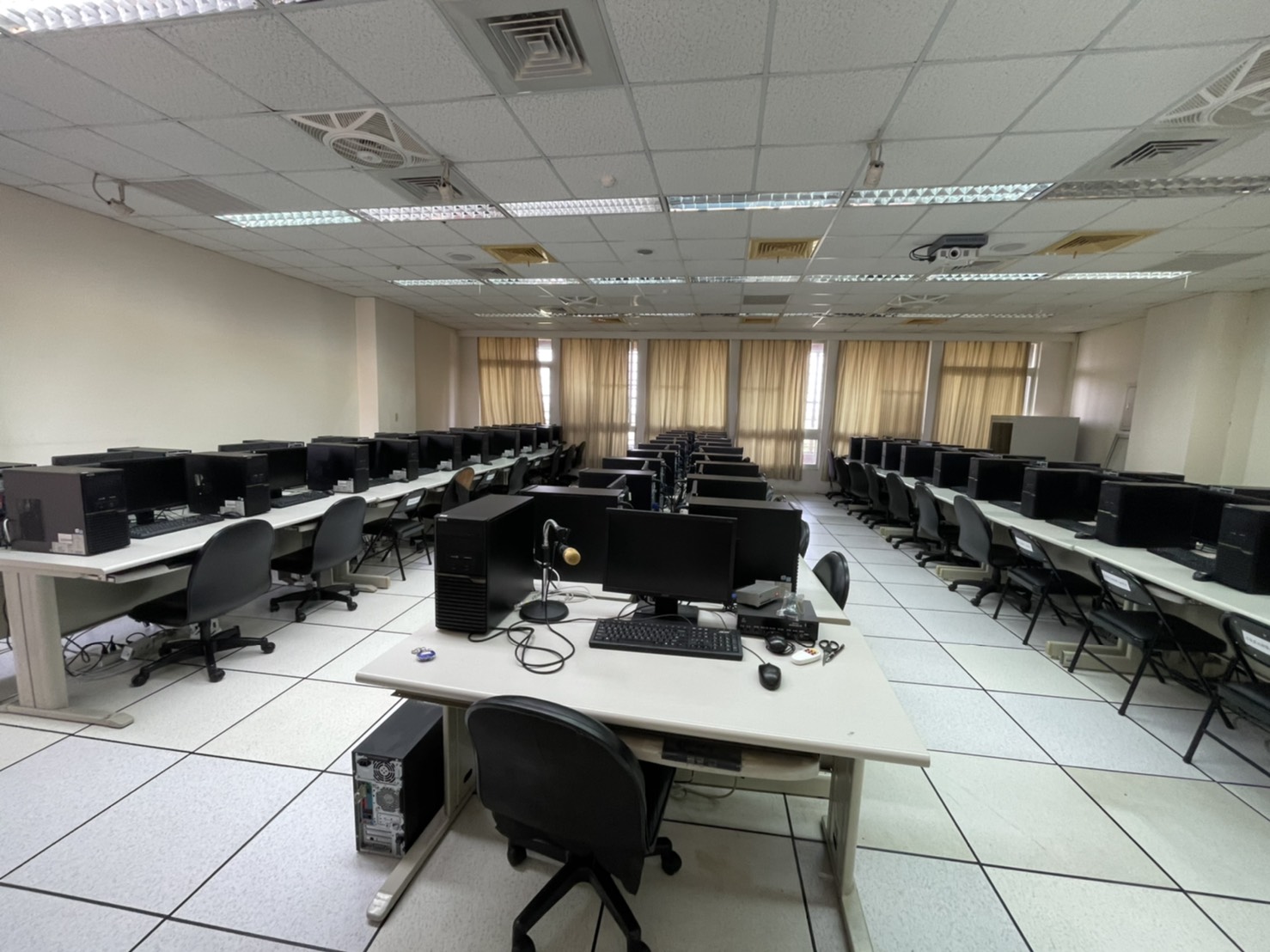
Biomedical Sensor Laboratory (H503)
Currently, the lab has an SPR biomedical sensor detection platform, which can be applied to teaching and research. We train the students to have practical experiences in this field.
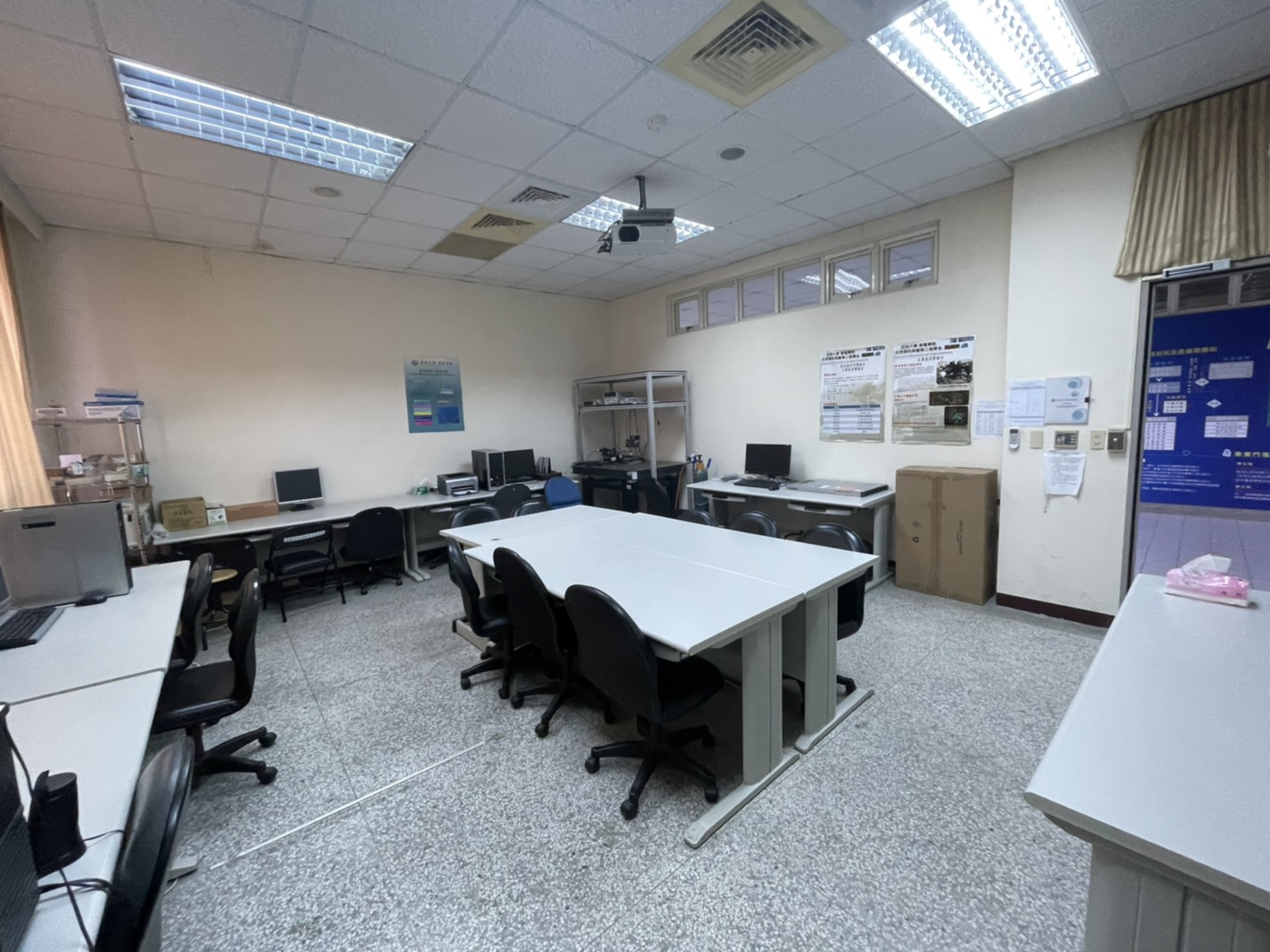
Bioinformatics Research Laboratory (I535)
The major usage is to take advantage of cluster computer equipment to support the high-speed computing for bio-information and provide storage space for biomedical information with disk array.
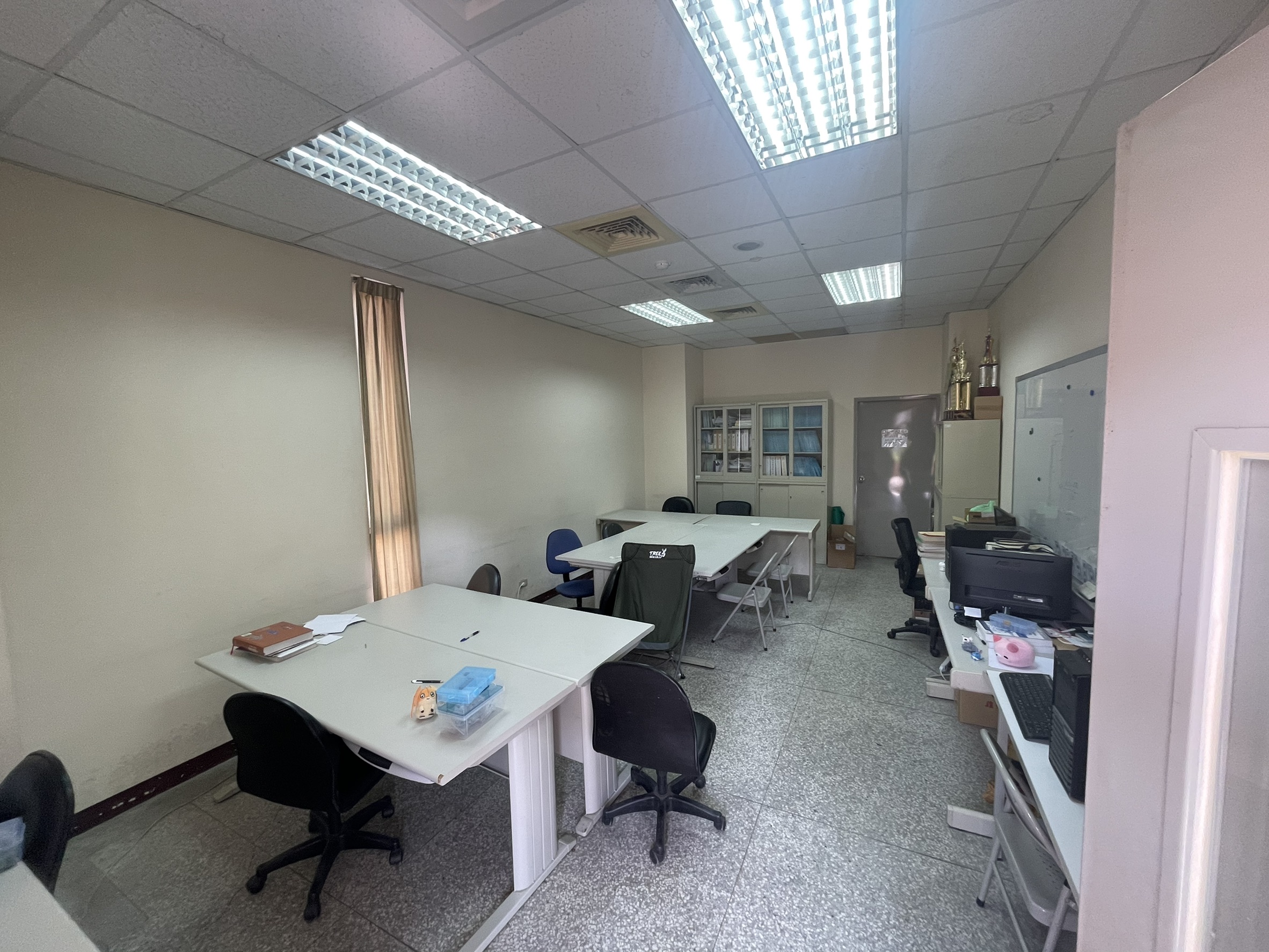
Systems Biology Laboratory (I636)
In responding to the development of systems biology, we train the students to have the ability to analyze the operation mechanism of bio-cells.
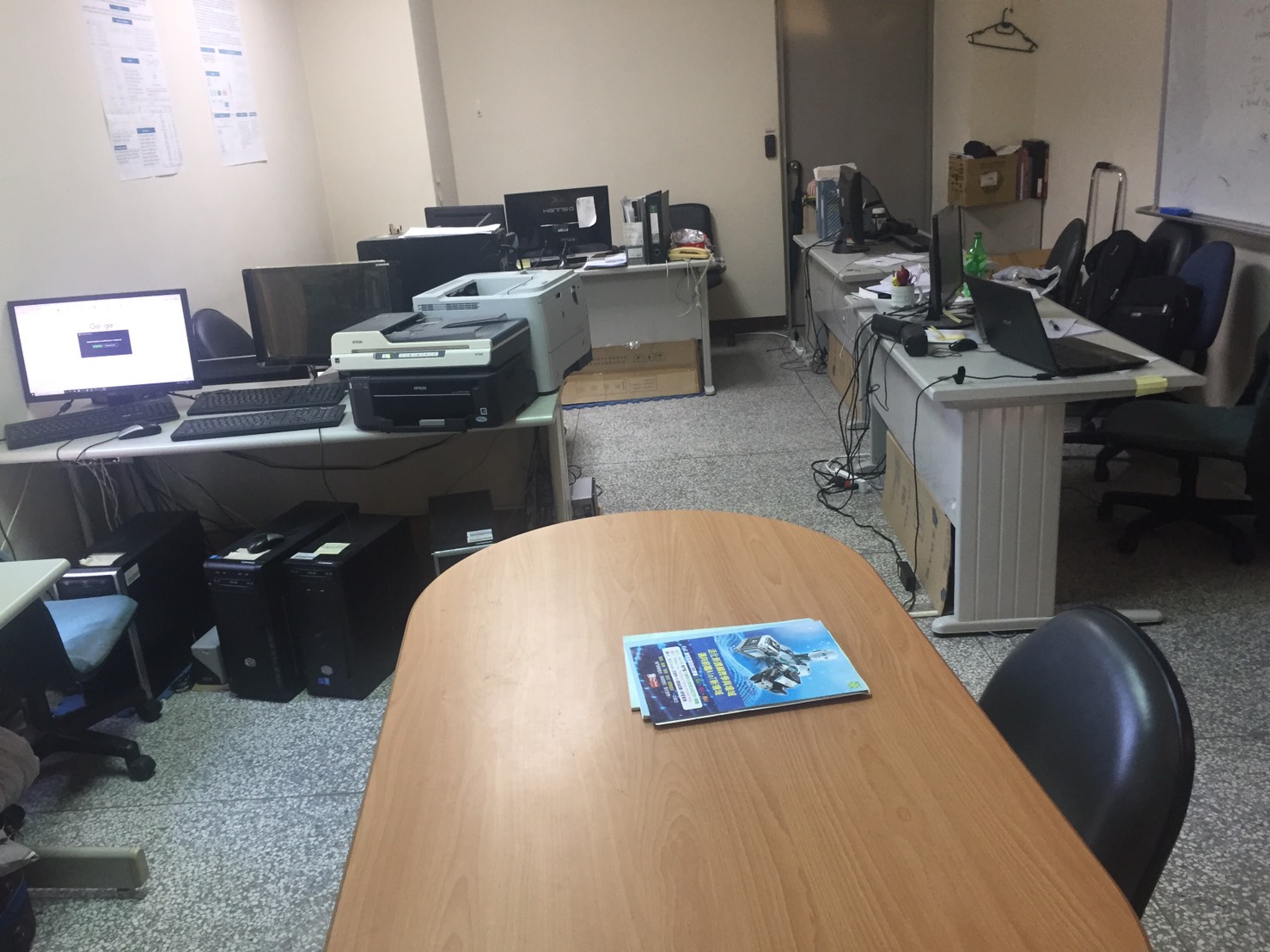
HB72 Joint Laboratories
National Health Insurance Database Laboratory: Trains students to use the national health insurance database to conduct statistical analysis and data mining.
Bionic Computing Laboratory: Trains students to develop and utilize bionic computing software based on organism-mimicking algorithms.
Intelligent Computing Laboratory: Research on portable intelligent algorithms to solve problems in biomedicine effectively via cloud systems.
Biomedical Signal Processing Laboratory: Provides a platform for practical experience in processing biomedical signals for teaching and research.
